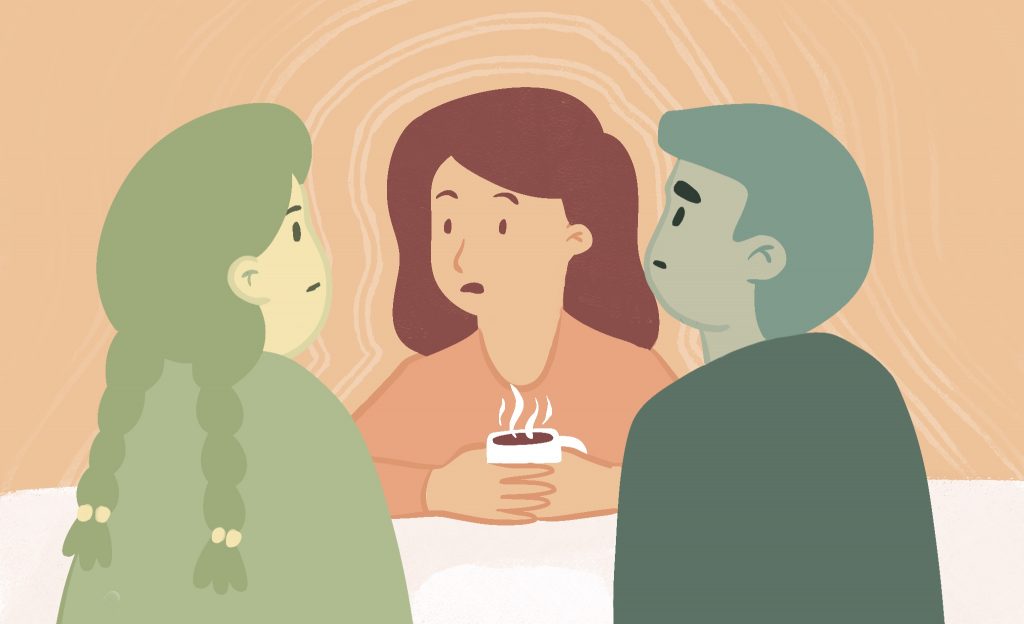
Breaking bad news to families as a foundation doctor can be a challenging and emotional experience. However, there are some strategies that can help you deliver the news in a compassionate and supportive way:
Prepare yourself:
Before breaking the news, take a few moments to gather your thoughts and emotions. Review the patient’s medical history, prognosis, and treatment plan to ensure that you have a clear understanding of the situation.
Choose a private setting:
Breaking bad news in a private and comfortable environment can help the family feel more at ease. Choose a quiet room where you can talk without interruption or distractions.
Be honest and empathetic:
It is essential to be honest and empathetic when delivering bad news. Use clear and simple language and avoid medical jargon. Allow the family to ask questions and express their feelings, and respond with compassion and understanding.
Provide support and resources:
After delivering the news, provide the family with support and resources. This may include social work services, counselling, or support groups. Offer to arrange follow-up appointments and provide contact information for any relevant healthcare professionals, if appropriate.
Practice self-care:
Delivering bad news can be emotionally draining, so it is essential to practice self-care. Take breaks, talk to colleagues or mentors, and seek support if necessary. You are not alone, and depending on how you are feeling check out the range of strategies in the ‘Tools’ section .
Seek feedback:
After breaking the news, seek feedback from your colleagues or mentors. This can help you identify areas for improvement and develop your communication skills further.
If you require further support in breaking bad news and/or the family haven’t responded well, involve a senior in the workplace, sometimes if may require coming from someone else. This can help you feel reassured that they have processed the information.
Remember that breaking bad news is a skill that takes time and practice to develop. With patience, empathy, and the right support, you can help families cope with difficult news during some of the most challenging moments of their lives. Your best will look different each day and in different situations, practice self-compassion from the ‘Tools’ section to help accept that you managed the best way that you could.